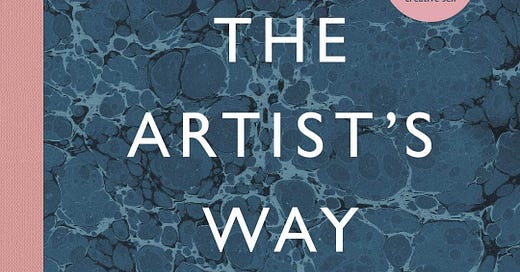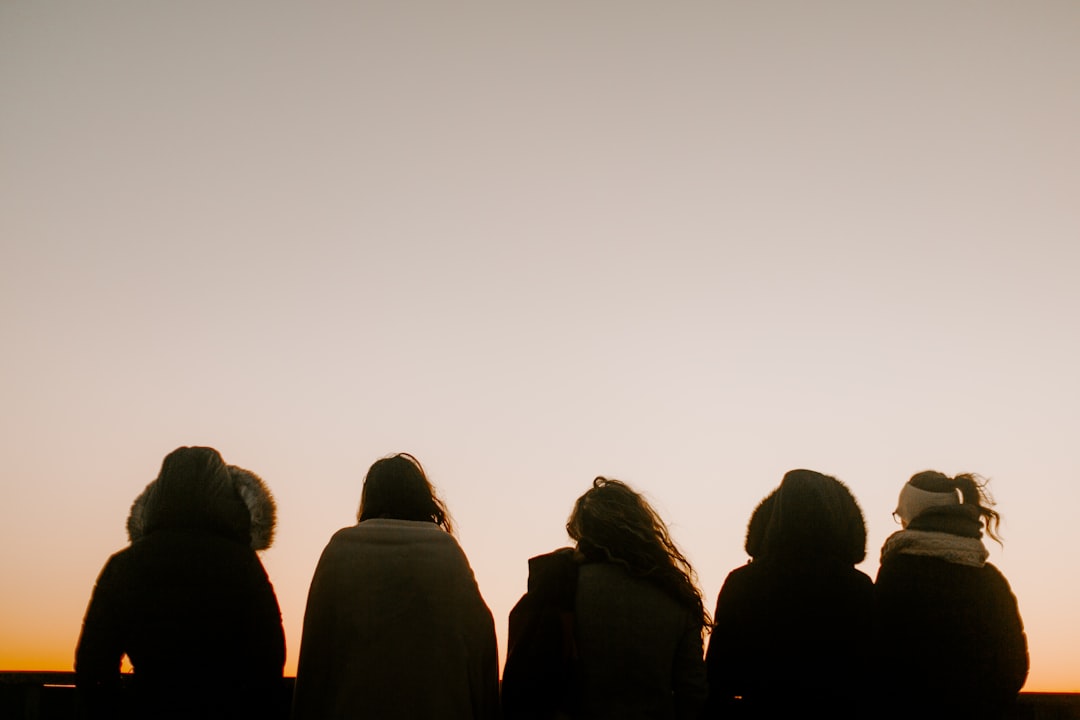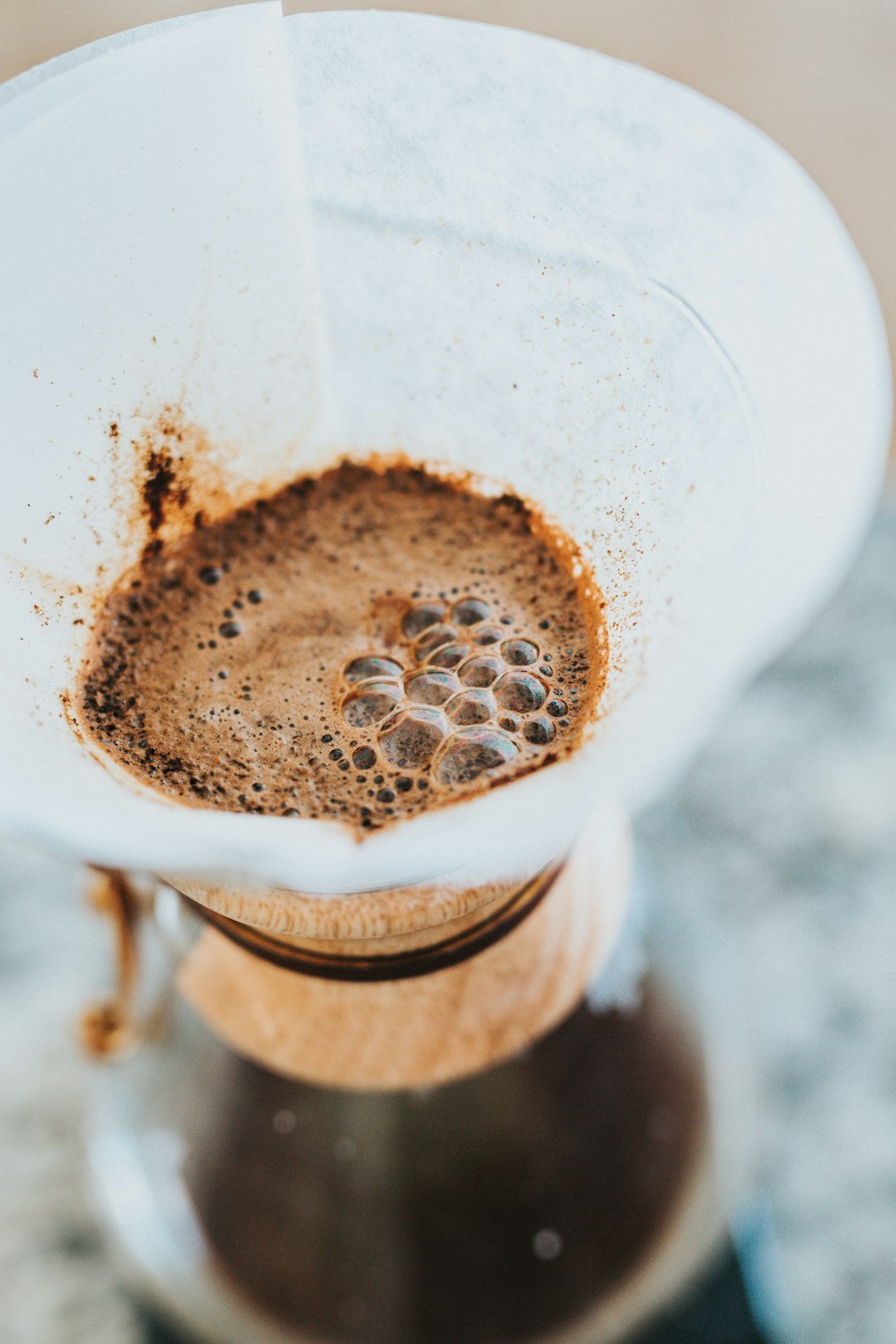A few weeks ago, I confessed that I’d started reading The Artist’s Way, by Julia Cameron. Motivated in part by a deep longing to rediscover my own creativity—I was also somewhat curious about the process and to be honest, simply keen to see what all the fuss was about.
Now, six weeks down the track, I have some thoughts. And further confessions. So let’s start there.
Consistency
One of the key learnings I unearthed early on was the power of consistency. And while I’ve been consistent in the sense that every week I’ve picked up my dog-eared copy of the book to read the relevant chapter and complete a handful of the exercises—I haven’t returned to the text daily which I actually think would be more beneficial. Why? Because just as you would study for an important exam, the more you read something over and over and over—the more it seems to seep into you, even if just by osmosis. Instead, I feel I’ve probably tackled it more from a practical vantage point whereby I complete the exercises that feel aligned, and simply skip the ones that don’t (like anything that requires me to get out the crayons and doodle…)
My consistency has also faltered in regards to the Morning Pages practice. Undoubtedly the defining tool of The Artist’s Way—this ritual is one you are encouraged to complete daily for the duration of the course (and beyond, should you feel so inclined). And while for the first two or three weeks I was diligent about carving out this space before the kids woke up—it seems my 10 month old now has other ideas. When she decides to wake up before 5am it’s fair to say my desire to get up even earlier to write is lacking. However, on those days when my life feels more about surviving than thriving, what I’ve tried to do is implement a sort of Afternoon Pages scenario—whereby should I miss my morning stream of consciousness practice, I do my best to capture the afternoon’s musings instead. It’s not perfect, but it helps me keep a toe dipped in.
The ‘God’ stuff is loud
To be fair, right at the beginning of the book, Julia Cameron explains that when the word ‘God’ is used throughout the text, we are to replace it with whatever term or concept feels right for us as an individual.
“When the word God is used in these pages, you may substitute the thought good orderly direction or flow. What we are talking about is a creative energy. God is useful shorthand for many of us, but so is Goddess, Mind, Universe, Source and Higher Power… The point is not what you name is. The point is that you try using it. For many of us, thinking of it as a form of spiritual electricity has been a very useful jumping-off place.”
However, despite the lengthy explanation and permission to connect with your creativity in a more personal way, I feel that the word ‘God’—no matter how you serve it up—is so loaded with context, meaning and imagery that it’s tricky to replace it or consciously quieten its presence.
Synchronicity
This is perhaps the biggest takeaway for me so far—and an energy that I have felt all around me since kicking off The Artist’s Way. While it’s not a concept that’s really touched on until about week four, I began to notice elements of synchronicity pop up in my own life almost immediately. At first, I’d notice small instances of coincidence—like when something reminds you of an old friend and then out of the blue that same friend calls you—but last week, I experienced synchronicity in a big way. After having a wonderful session with my psychologist on the subject of self-sabotage and perfectionism (specifically in regards to making space for my creativity as I move into a new phase next year)—it was only a few days later that I picked up The Artist’s Way and read:
“Usually, when we say we can’t do something, what we mean is that we won’t do something unless we can guarantee that we’ll do it perfectly.”
Having basically spent the full hour with my psychologist speaking exactly to this point—I was floored. As a self-confessed ‘perfectionist’, I really struggle to get out of my own way sometimes and so to understand that this is actually a roadblock that many creatives experience, I felt a weight shift off my shoulders.
Taking a risk
Last week, I published a short story I’d been working on for a little while called Soon. And while it was a step away from my usual style of writing, if I’m honest, the way it has been received by those who have kindly read it has been moving. From a data standpoint, I’ve received more feedback, engagement and connection after sharing this piece than from many of my other newsletters—and this not only surprised me, but delighted me. Given this type of story is something I would have once kept to myself as in my mind, “short stories are not something I’m very good at”—what The Artist’s Way has taught me is that taking a risk often pays off.
“To put it differently, very often a risk is worth taking simply for the sake of taking it. There is something enlivening about expanding our self-definition, and a risk does exactly that. Selecting a challenge and meeting it creates a sense of self-empowerment that becomes the ground for future challenges.”
While I felt vulnerable for sharing something so personal, it resonated with so many of you, it was shared widely and a lovely symptom of this small success is that I now feel a little more empowered to share these types of pieces with you again. So watch this space.









